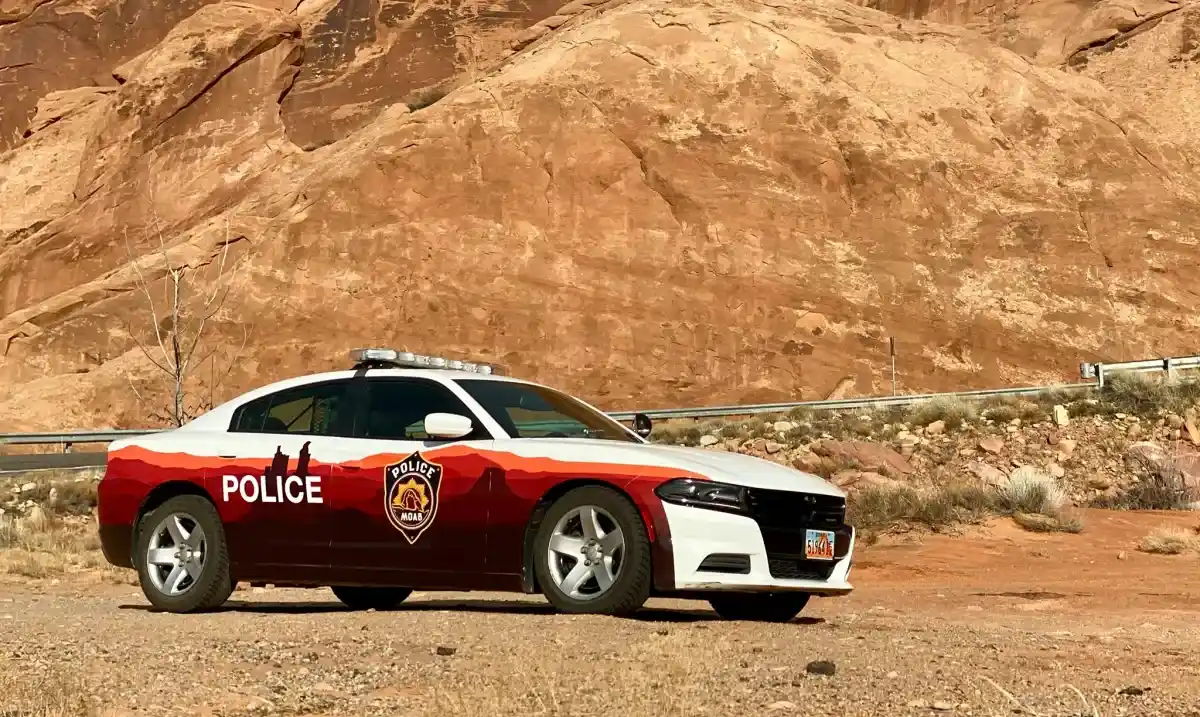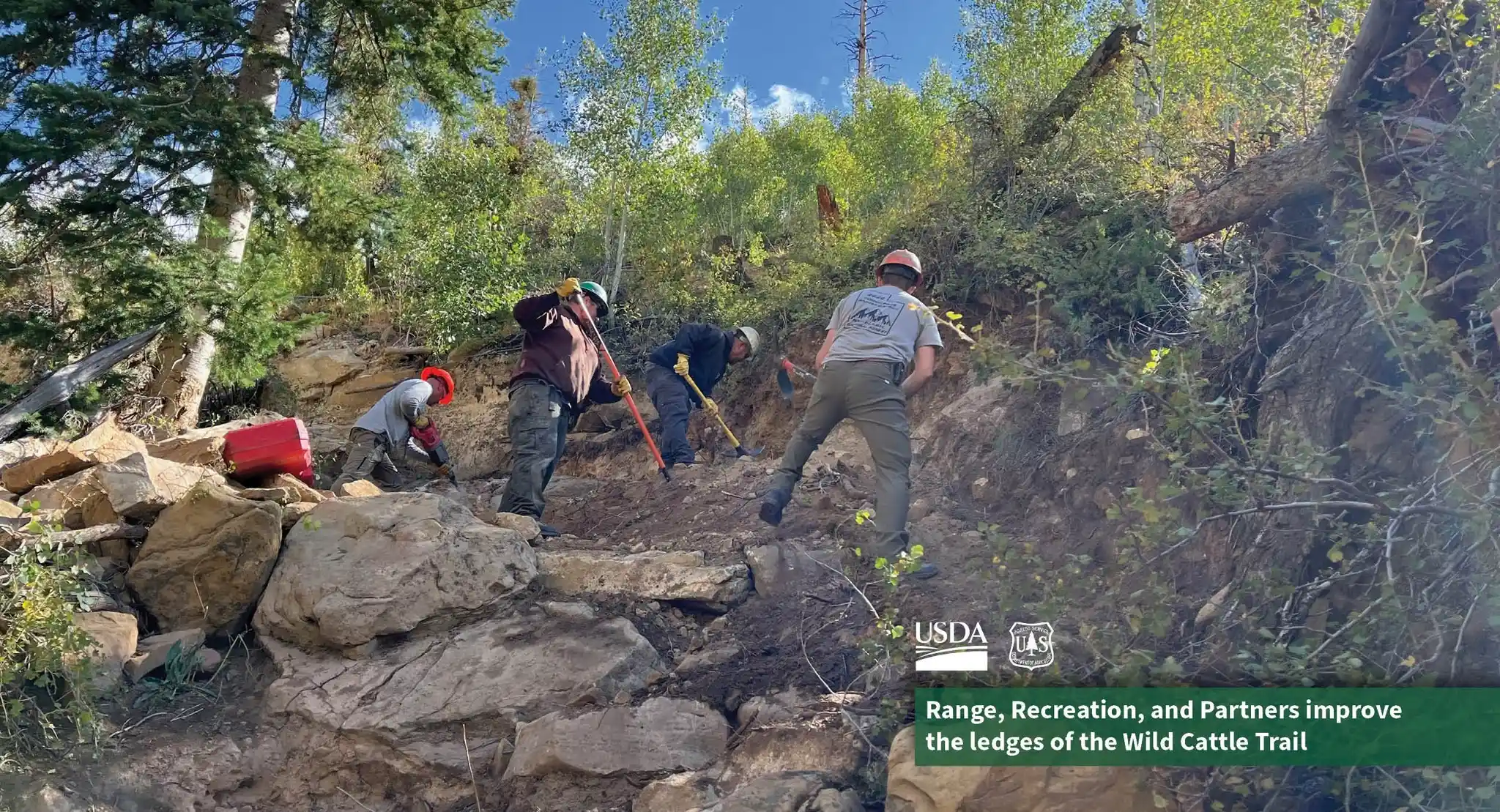Dear Editor:
In response to Michael Liss’ recent letter to the editor, I ask, are Moab’s “tourism titans” aware of the National Park Service’s priorities (“Make Arches Fully Sustainable,” Dec. 7, 2017, Moab Sun News)? The NPS’s first and foremost goal is to leave the park unimpaired, not for tomorrow, not for anyone’s economic gain, but to protect it as a national treasure for all future generations. The outcry about the “reservation system” is greed at its worst. If you asked any hotel owner or tour operator in Moab 20 years ago if they would prefer to have 20 percent year-over-year growth, they’d be ecstatic. Now, 20 years later, that success is not enough, and that kind of growth cannot go on forever. Yes, the NPS needs to “consider” impacts on physical, cultural and economic environments, but it does have legal authority and precedent to prioritize the integrity of park resources first!
Almost without exception, courts have ruled that the NPS has ultimate discretion over how to protect and manage this nation’s most valued assets for the long run. In 1996, Bicycle Trails Council of Marin vs. Babbitt upheld the NPS decision to ban mountain bikes in Golden Gate National Recreation Area. In 1986, there was NRA vs. Potter; in 2004, International Snowmobile Manufacturers Association vs. Norton; in 2007, River Runners for Wilderness vs. Martin; and in 2013, Drakes Bay Oyster Company vs. Jewell. These cases differ in their issues, but their rulings are the same: When user interests conflict with the integrity of the resource, the NPS has the authority to act in the interest of the parks, not in the recreational or economic interests of special interest groups.
Economies ebb and flow. No one is entitled to rent Jeeps profitably for all time. The “reservation system” at Arches is not just aimed to reduce vehicle congestion, but also congestion around the park. Arches is small, only 3 percent the size of Yellowstone, with less than 17 miles of trail. It cannot accommodate 1.6 million (and growing) visitors it receives annually. To quote Kim Heacox, “If the finest hotels can have ‘no vacancy,’ if the greatest concert halls can have limited seating, then why not our national parks? The theater is full; you are invited to our next performance.”




